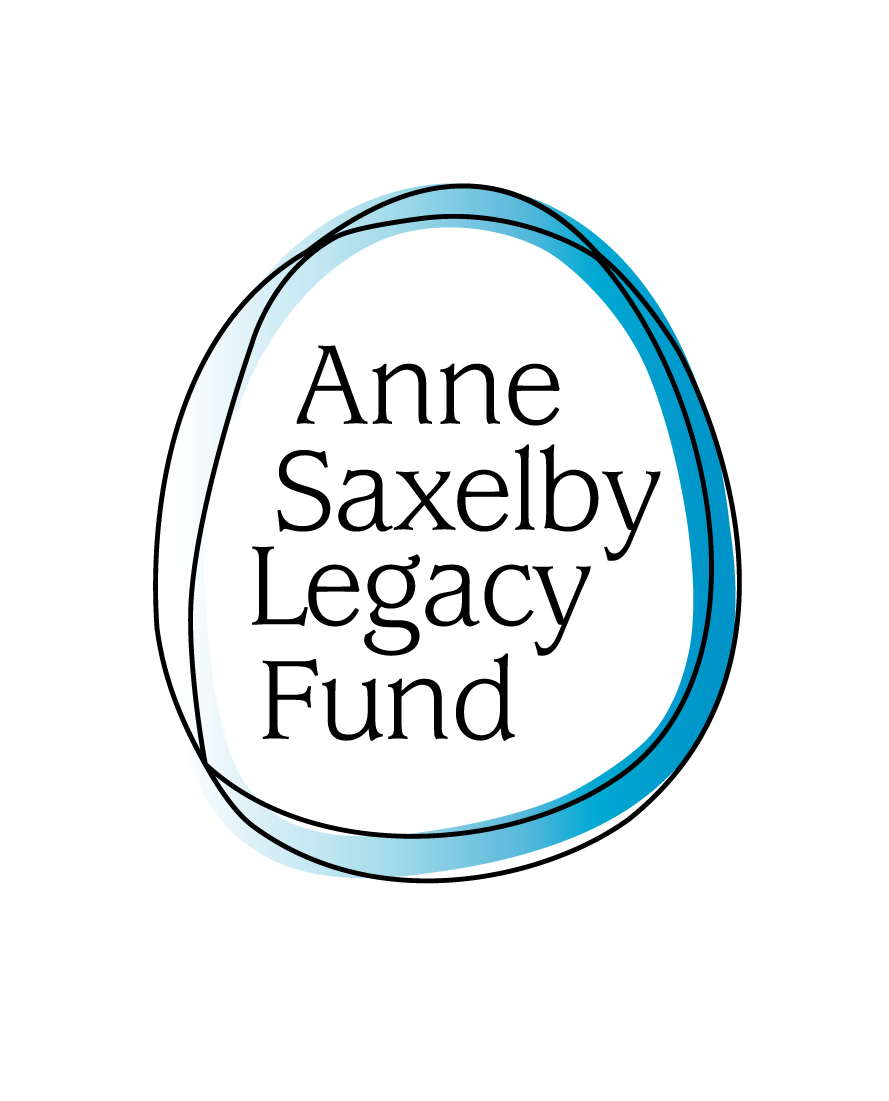Queens County Farm Museum
Queens, NY
Queens County Farm Museum, established in 1975, holds the distinction of being one of the longest continually farmed sites in New York State, with roots dating back to 1697. A New York City Landmark and on the National Registry of Historic Places, it is NYC’s largest tract of farmland. The cultural nonprofit that preserves, interprets, and manages the historic site was established in 1975. In 2023, Queens Farm celebrated its 325th anniversary of continuous farming. The 47-acre historic site has produced food and fed New Yorkers for over three centuries, growing a variety of nutritionally dense and culturally relevant produce, using sustainable and best farming practices.
Queens Farm grows over 200 varieties of fruit, vegetables, herbs, and flowers and operates three seasonal farmstands. Last year, the farm harvested nearly 22,000 pounds of food and produced 3,478 dozen eggs, 100 skeins of yarn, and 225 packages of herbal tea--all from its own resources. QCFM is the only farm in New York City housing a full range of livestock, including heritage and rare breed farm animals -- 200 in all. The livestock program is central to Queens Farm’s programming, events, visitor programs, and educational opportunities. The farm is also home to the single largest apiary in NYC, operated in partnership with Cornell’s Dyce Lab for Honeybee Studies and Andrew’s Honey.
An Apprentice at Queens County Farm Museum will learn all aspects of growing vegetables in an organic system, using a variety of methods. Jobs range from seeding and transplanting, to cultivating, harvesting, and selling produce at QCFM's farmstands. The apprentice will learn about sustainable, regenerative growing practices, such as cover cropping, crop rotation, fertility and pest management, and more. In addition, apprentices can participate in the care of farm animals, including feeding, rotations, and general farm maintenance chores.
Queens Farm is a destination for over 500,000 visitors a year from every zip code in NYC, making it the largest cultural institution in Queens. Admission is free, and it is open 354 days per year. Visitors of all ages, incomes, and ethnic backgrounds reflect the diversity of the city. Queens Farm annually presents over a dozen large-scale public events and an array of programs, designed to connect visitors to the farm’s mission and history and provide rich cultural and educational experiences. These public programs reflect the seasonality of farm life and demonstrate the city’s historical and agrarian roots.



